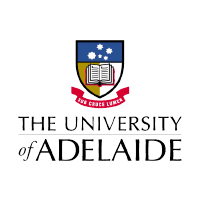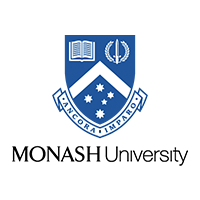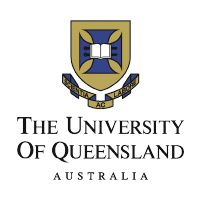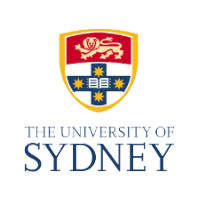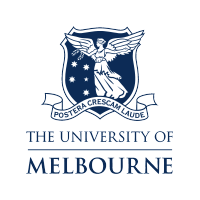The Masters consists of 12 units of study; comprising 10 or 11 coursework units of study plus a 1 or 2 unit Biostatistics Research/Practical Project/Thesis (WPP). The BCA program was designed to be done part-time. At two units per semester, the Masters can be completed in three years.
Compulsory units for the Masters program include: Epidemiology, Mathematical Foundations for Biostatistics, Data Management and Statistical Computing, Principles of Statistical Inference, Regression Modelling for Biostatistics 1, Regression Modelling for Biostatistics 2 and Biostatistics Research/Practical Project/Thesis (WPP). Some students may substitute electives for units of study such as Epidemiology, Mathematical Foundations for Biostatistics, or Principles of Statistical Inference, if they have equivalent prior study.
Students enrolled in the Masters program can complete up to two elective units from outside of the pool of BCA electives. These electives can be chosen from the list of endorsed courses/programs at their home university.
On completion of the Masters degree graduates will have attained the required skills for employment as a biostatistician.
Course Objectives
On completion of this course, students will:
- Describe the key components of epidemiological studies and clinical trials, including appraisal of their clarity of aims, design and major sources of bias
- Demonstrate an understanding of the mathematical foundations and the theory and application of fundamental estimation and inferential concepts of biostatistics
- Recognise and elucidate the type of substantive research question (descriptive, predictive or causal), and demonstrate understanding of and implement the statistical methods needed to answer them
- Apply skills in data management and analysis, including reproducibility and transparency of approach
- Communicate biostatistical issues with clinical/health professionals and researchers and interpret and present statistical results in a format suitable for publication in health-related journals or professional reports
- Demonstrate practical and technical skills to commence professional careers as an independent biostatistician and/or to progress to further postgraduate research studies
- Demonstrate an understanding of the professional and ethical standards for handling of data, such as those of the Statistical Society of Australia.
